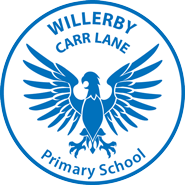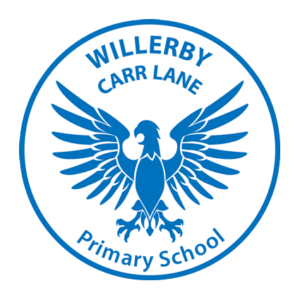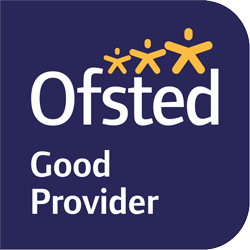PE & Sports Premium
The P.E. and Sport Premium is designed to help primary schools improve the quality of the P.E. and sport activities they offer their pupils.
Since 2013 the government has invested over £600 million on this funding.
This funding is ring-fenced and therefore can only be spent on provision of P.E. and sport in schools.
The funding is calculated as follows:
Schools with 16 or fewer eligible pupils receive £1000 per pupil.
Schools with 17 or more eligible pupils receive £16,000 and an additional payment of £10 per pupil.
How we use the P.E. and sport premium.
Schools must use the funding to make additional and sustainable improvements to the quality of PE and sport they offer.
We use our our premium to:
Develop or add to the P.E. and sport activities that your school already offers.
Make improvements now that will benefit pupils joining the school in future years.




